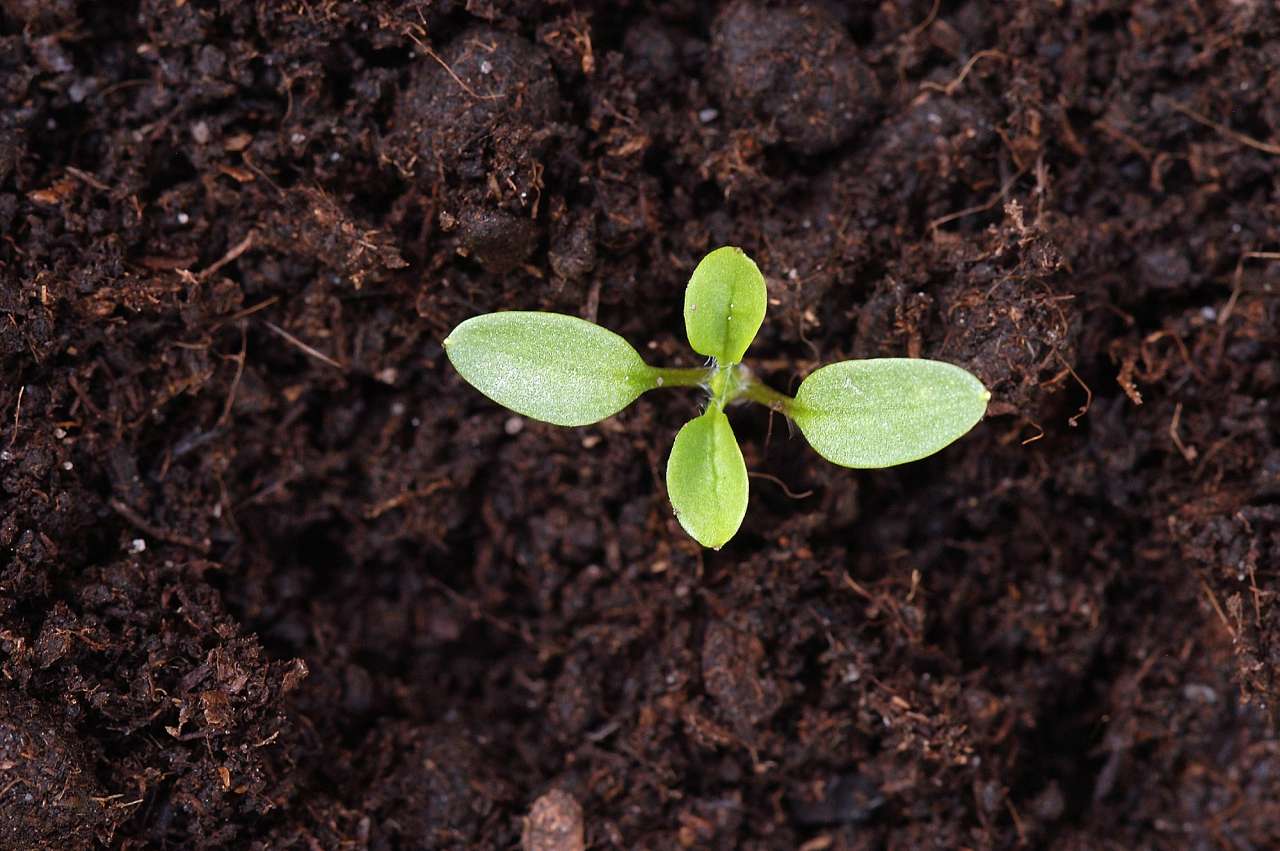New climate-smart soil management network

Photo: Erling Fløistad
A European research network wants to find sustainable solutions for the management of agricultural soil. Its aim is to help solve some of the social challenges involved in future food production in a changing climate.
Good soil is essential for the food we eat, for animal feed, timber and other biomass. The biodiversity found in soil is also important for many ecosystem services, and soil represents the biggest carbon store that we have on land.
However, soil is a limited resource, and erosion, nutrient loss, pollution and urban expansion represent significant threats. Intensive agriculture as a result of constantly increasing demand for food and biomass also results in a deterioration of soil quality in many countries.
In March 2020, the European Joint Program EJP SOIL was set up, comprising a network of 26 institutes in 24 European countries, with Norway represented by NIBIO.
EJP SOIL is busy identifying knowledge gaps and differences between existing regional and national activities. When the methods of climate-smart and sustainable agricultural soil management in the participant countries are known, it will be easier to ascertain what the problems are.
"We will create a road map showing how to manage soil in the best possible way. This could be used strategically by European decision-makers," says senior researcher Daniel Rasse, who heads the Norwegian part of EJP SOIL's work.
"If we manage soil correctly, we can protect it and amplify the effect it has on ecosystem services. Climate-smart soil management can also help to reduce climate change thanks to soil's carbon storage properties."
EJP SOIL will develop coordinated and readily available information about soil, thereby helping to communicate knowledge about European agricultural soil. The hope is that it will strengthen interdisciplinary ties across the soil research community, as well as making it easier for these scientists to communicate with the industry and become more involved in soil management work.
Contacts

Contacts

